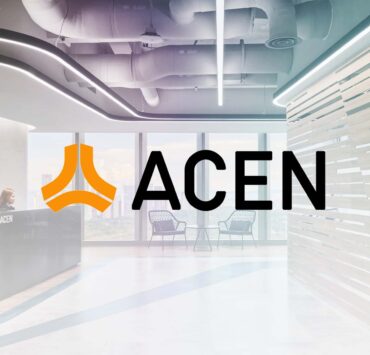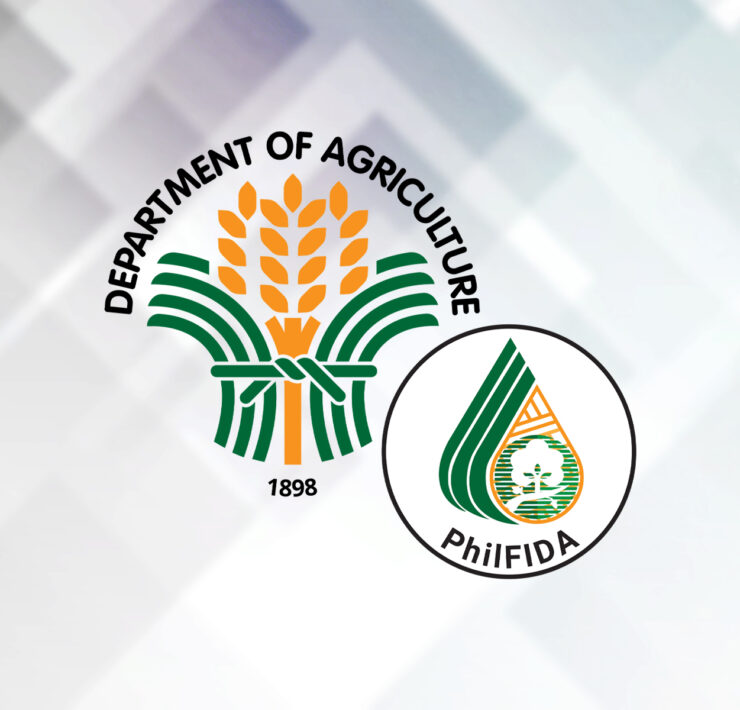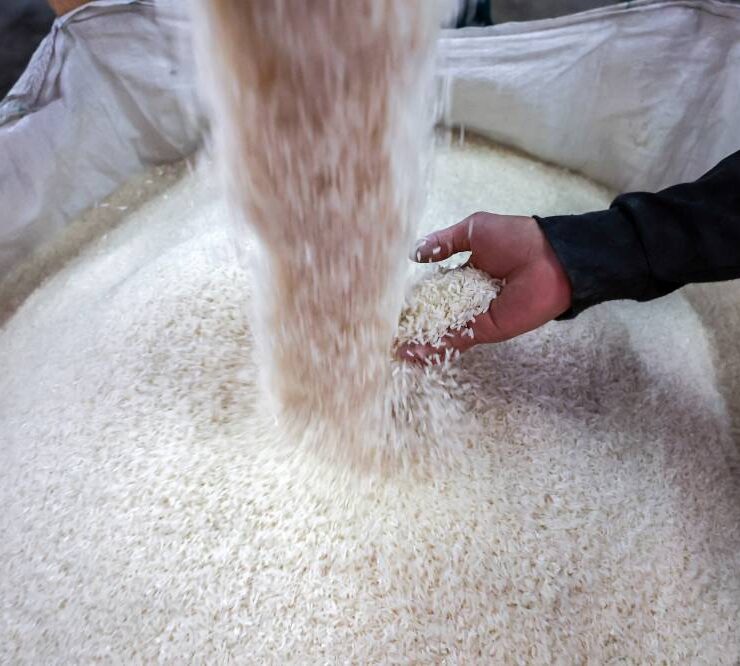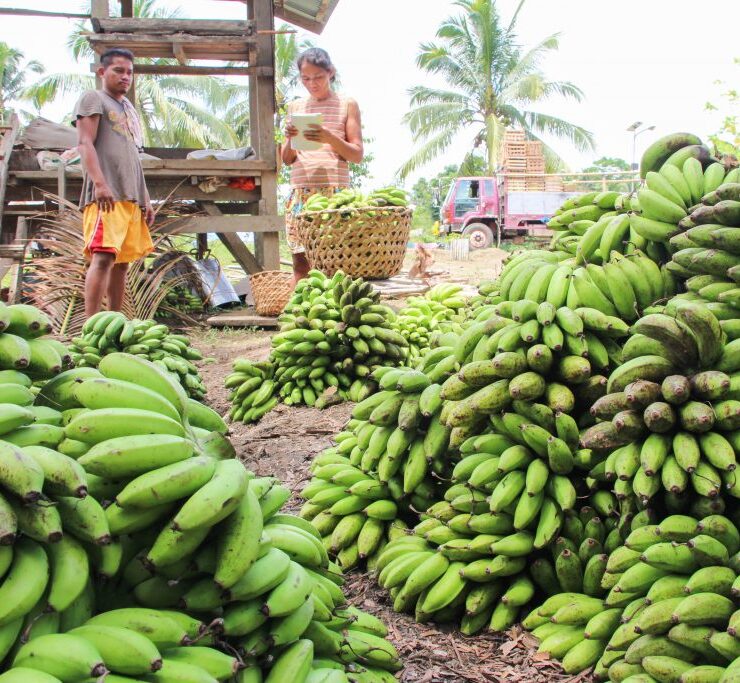What the gov’t needs to sustain momentum in agri
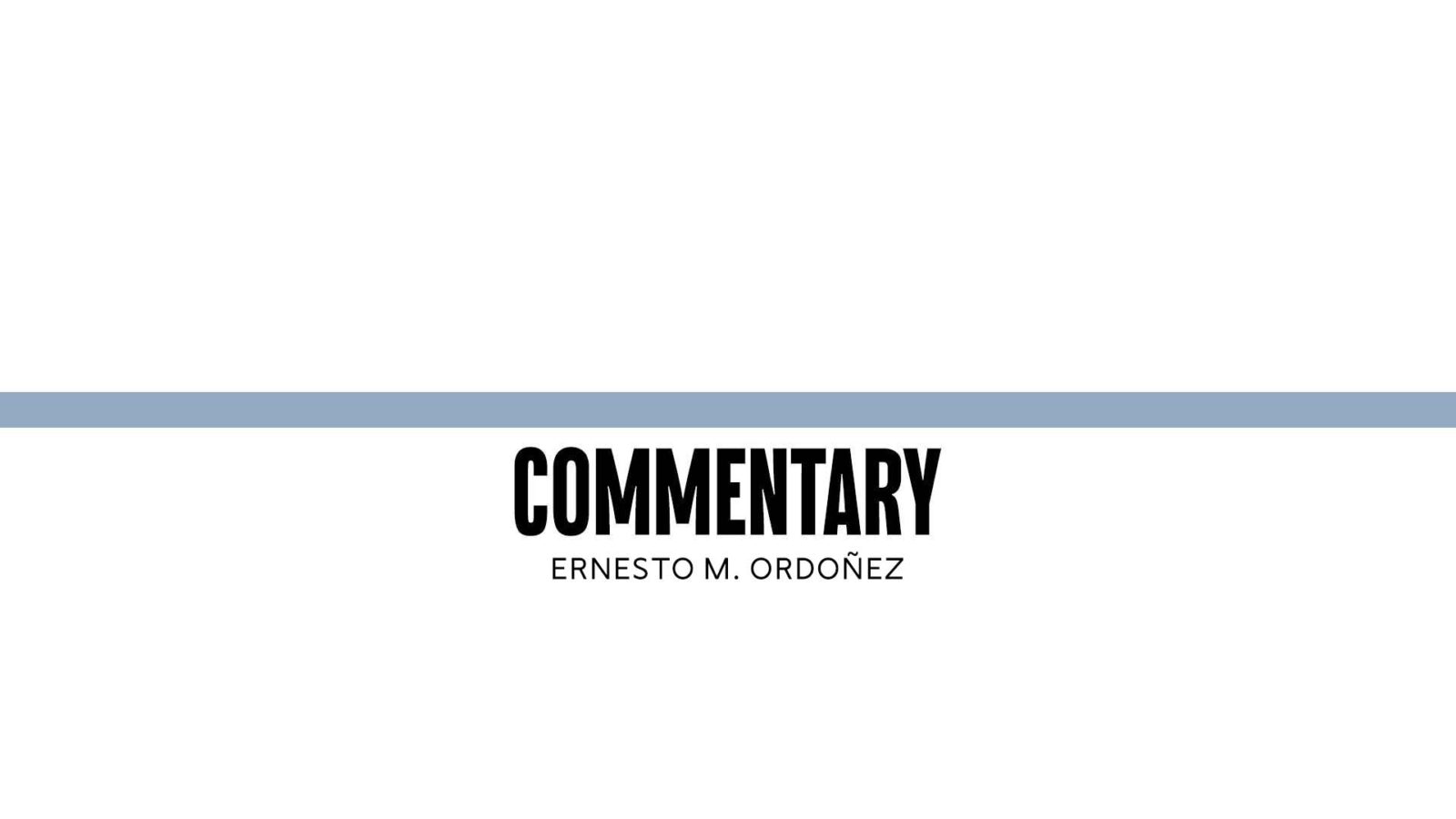
Private sector participation has been most helpful in contributing to good governance in agriculture. However, it must intensify its participation and improve this kind of momentum to introduce real change.
In 2022, when the Regional Comprehensive Economic Partnership (RCEP) was submitted to the Senate for ratification, more than 50 organizations signed a document for its deferral. They argued that RCEP would be harmful if necessary measures to prepare farmers and fisherfolk were not implemented first.
The AgriFisheries Alliance (AFA) submitted a position to the Senate identifying six conditions that should be in place before RCEP is ratified. The AFA is composed of Alyansa Agrikultura for farmers and fisherfolk, the Chamber of Agriculture and Food, Inc. for agribusiness and the Coalition for Agriculture Modernization in the Philippines for science and academe.
The ratification was subsequently postponed for one year until the six requisites were included in the RCEP ratification document.
We cite here three.
Information
The first condition is fixing our inadequate agriculture information system. How can we compete globally if we don’t have the information necessary to have the right strategies and programs?
But there was good news that came out of it.
For content, market information budget was increased from P26 million to P170 million.
However, there was also bad news. For 2026, the Department of Budget and Management (DBM) has initially allocated only P131 million for tier 1 and P62 million for tier 2. Tier 1 is the amount usually given to Congress for approval. Tier 2 is considered a wish of sorts, and which DBM usually severely cuts before it reaches Congress.
The same pattern is being seen in the information computer component. After the RCEP condition, this increased from P254 million to P1.25 billion. However, for 2026, the DBM has allocated only P875 million for tier 1 and P133 million for tier 2. Notice that the tier 1 allocation is less than the previous Congress budget approvals in prior years.
Consolidation
The second RCEP condition is the consolidation of our farms averaging 1.2 hectares. We need economies of scale to compete globally. The consolidation budget was therefore increased from P3 million to P197 million. But for 2026, tier 1 is only P131 million, while tier 2 is P62 million.
When DBM decides on the DA budget proposal, its officials only talk to DA personnel.
The private sector must now ask for an opportunity to help explain the DA proposal so that the DBM understands more clearly the impact of their budgets cuts. DBM may well alter their initial positions after this.
Budget monitoring
The third RCEP condition is the restoration of a private sector monitoring of the DA budget. Our current agriculture share of the total budget is only 2 percent, less than half of Vietnam’s 6-percent share. But then, it’s not even used properly.
The Commission on Audit had reported that one-third of DA expenses for three consecutive years were left unliquidated or unexplained. This indicates massive waste and corruption.
Shortly upon his assumption into office last year, Agriculture Secretary Francisco Tiu Laurel Jr. restored this budget monitoring strategy.
In my monitoring trip to Leyte last month, I found out that the rate of unutilized agriculture grants (also an indication of waste and corruption) dropped from 28 percent last year to 7 percent this year.
Last week, in my Zamboanga del Sur trip, the deficiency rate reported for the entire Region 9 decreased from 37 percent to 21 percent.
Though an improvement, the target deficiency rate should be less than 5 percent.
Two months ago, the private sector got approval for a recommended required checklist of grant requirements. The private sector must now participate in ensuring compliance to this checklist, and monitor penalties (including possible charges and dismissal) for erring officials.
Until recently, not one has been penalized for this massive fund misuse. This is largely why there has been little change in waste and corruption.
The private sector must intensify its participation in agriculture governance. This will sustain and improve the welcome momentum for change we have seen recently.
The author is Agriwatch chair, former secretary of presidential flagship programs and projects, and former undersecretary of the Department of Agriculture and the Department of Trade and Industry. Contact is agriwatch_phil@yahoo.com.














